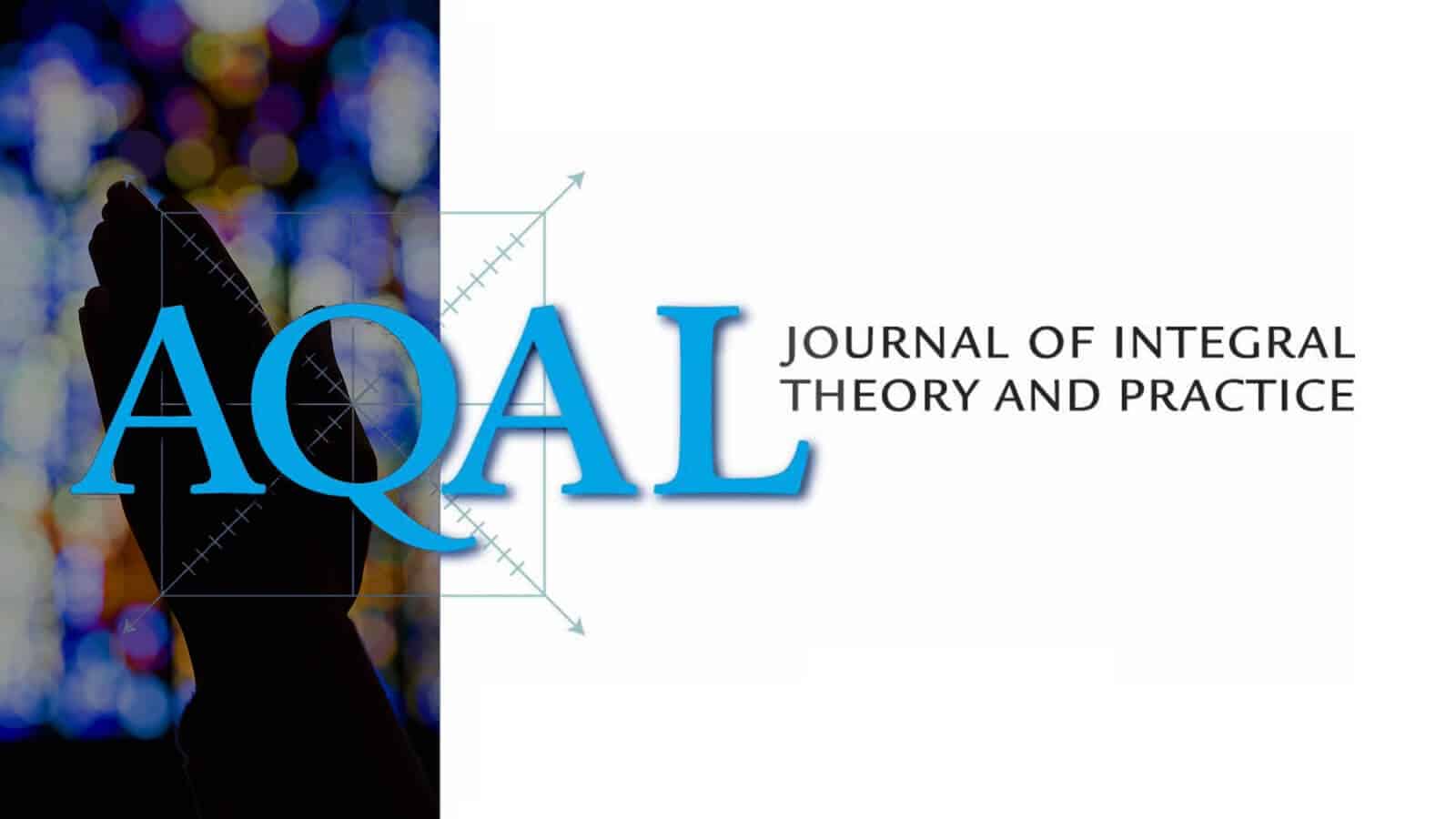This article presents an Integral (AQAL) framework for Christian Ministry. Quadrants, levels, lines, states, and types are introduced and situated within the historical framework of Christianity. I address important aspects of social and institutional contexts—family structure, family of origin, socioeconomic situation, work environment, and geographic location—as they affect the individual parishioner, religious, or minister, as these factors can profoundly impact an individual’s experience of the Divine. I propose that increasing differentiation is not substantively different than the ancient practice of discernment and advocate the application of an AQAL map (“all-quadrants, all-levels, all-lines, all-states, and all-types”) to explore the minister’s circumstances as well as those who come to them for spiritual nourishment. The paper concludes with examples of several typical ministerial situations mapped onto quadrants.
JOHN FORMAN, OblSB, is a Benedictine oblate of Mt. Angel Abbey, a Eucharistic minister and healing minister in the Anglican Communion. He has served on church vestries and in monastic advisory positions, and also as a spiritual and organizational counselor to numerous religious organizations, as well as to individual ordained, professed, and lay men and women. He has led multiple retreats and workshops focused on Integral Theory and methodology, Benedictine spirituality, Christian meditation, developmental approaches to faith and ministry, and discernment.
John has published several articles on these topics and has presented papers at the New England Complex Systems Institute and the International Society of Systems Sciences, and has published articles in numerous publications. He has lectured on Integral Theory at a number of organizations, including the National Defense University, the University of Washington, the International Leadership Association, St. Martin’s College and the Diocese of Olympia’s School of Theology.
Become a member today to access this Journal article and support the global emergence of Integral consciousness
Membership benefits include:
Premium Content
Receive full access to weekly conversations hosted by leading thinkers

Journal Library
Receive full access to the growing Journal of Integral Theory & Practice library

Live Experiences
Stay connected by participating in Integral Life live events and discussions
Courses & Products
Get unlimited 20% discount off all products and courses from our friends and partners

Free Bonus Gifts
Download The Integral Vision eBook by Ken Wilber (worth $19 on Amazon) & The Ken Wilber Biography Series

Support of the movement
Support our mission of educating and spreading integral consciousness that is more critical than at any time in its history

